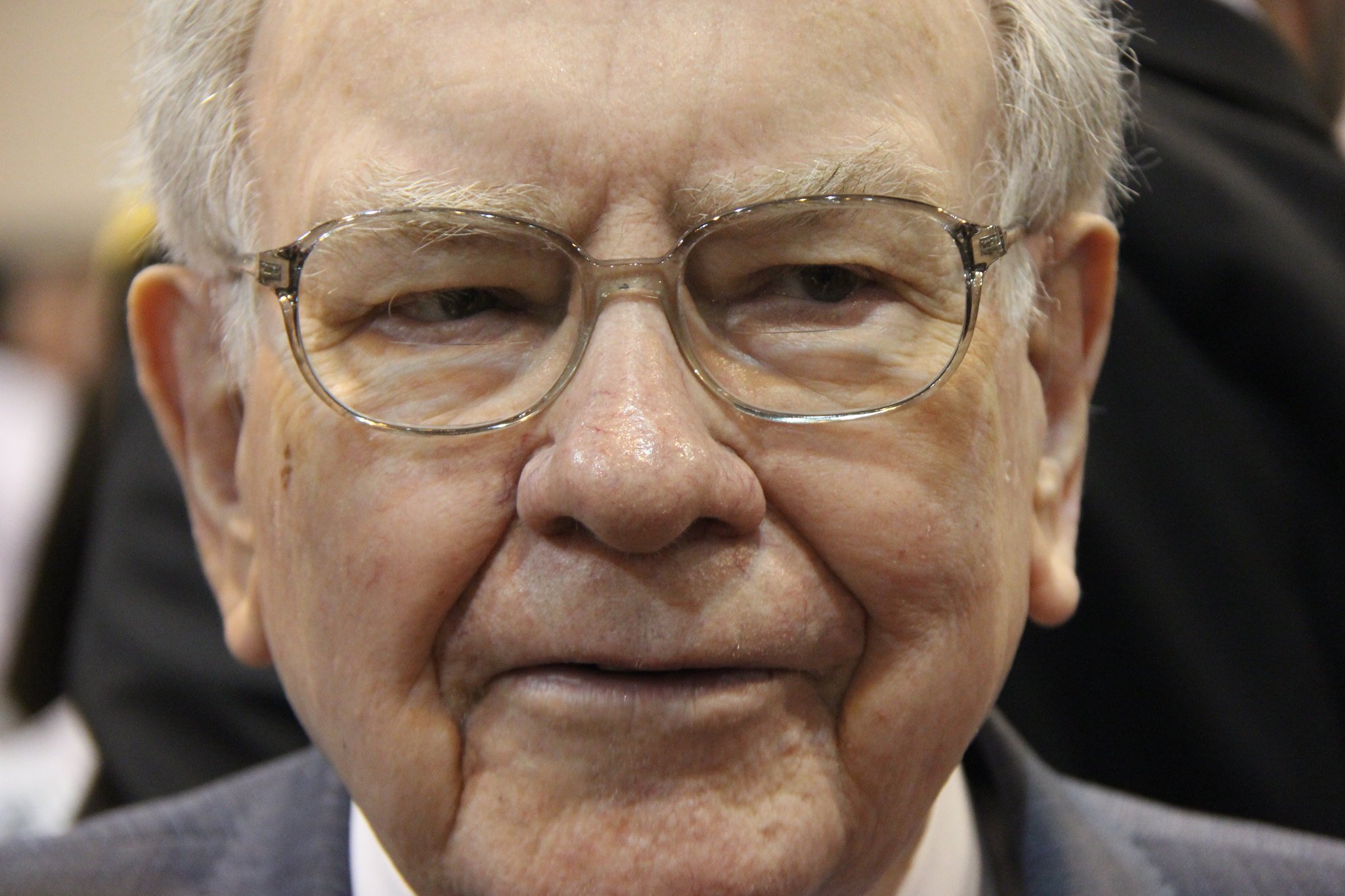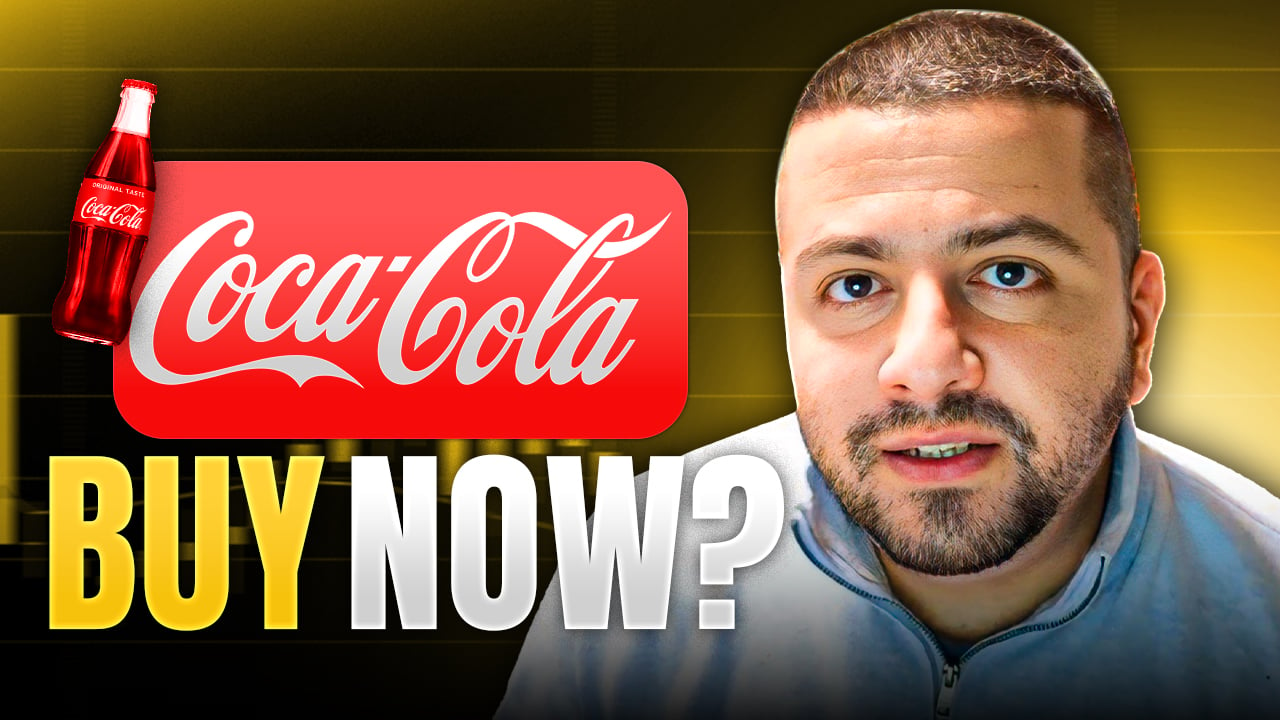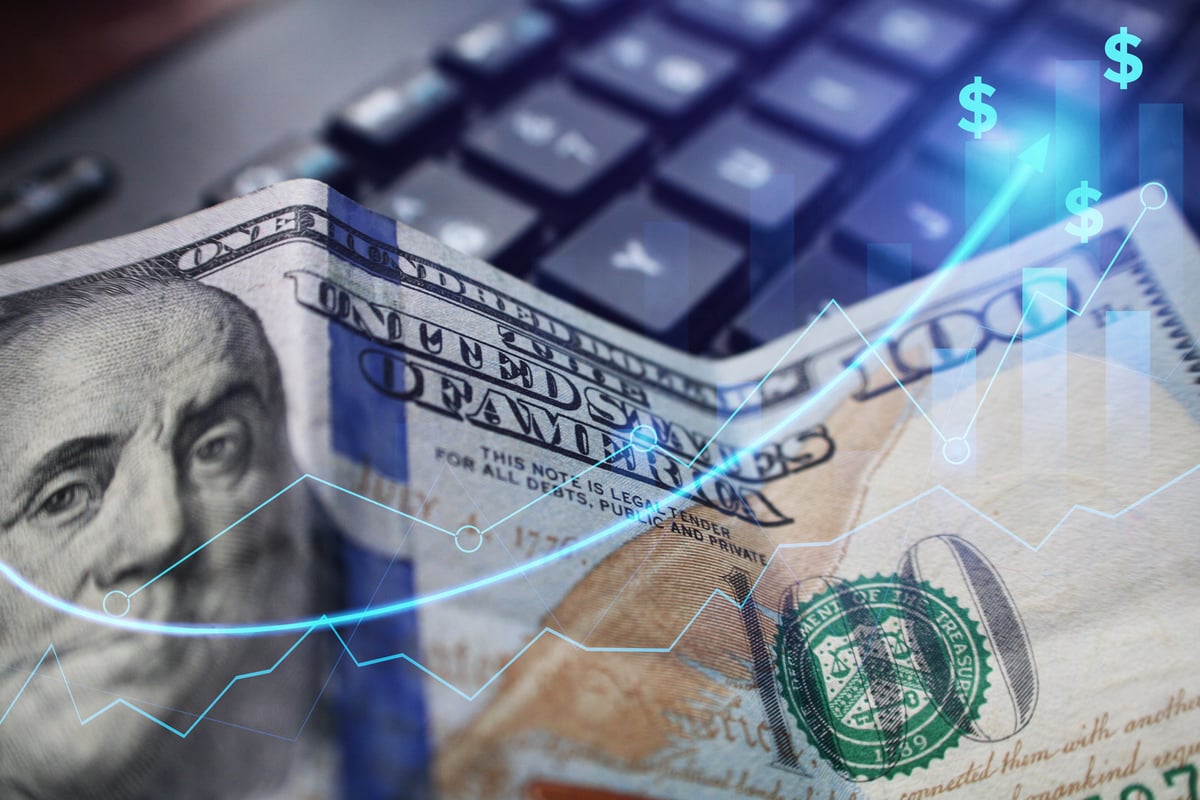It's not us, it's you. Coca-Cola (KO 0.18%) is still sweet on aspartame, and the codependent nature of its relationship with the artificial sweetener is ultimately unhealthy for its bottom line. And as other bottlers pine away for a way to juice sales with lab-created taste sensations, it's likely their sales will continue to go flat, too.

According to a Wells Fargo review of Nielsen data, sales of diet sodas plummeted 6.8% over the past 52 weeks compared to a 2.2% decline in regular soda, the third straight year diet sales have fallen faster than the full-strength stuff.
That's particularly bad news for Dr Pepper Snapple Group (DPS +0.00%), which is betting $30 million this year that its Core 4 TEN program will turn its fortunes around. The group of 10-calorie sodas all contain aspartame, high-fructose corn syrup, and acesulfame potassium (or "Ace K") to achieve the low-cal grading, which management suggests is "bringing consumers back to the category." Yet as the Nielsen data indicates (and Dr Pepper's quarterly results underscore), that's not reality at all.
Carbonated soft drinks remain a drag on the performance of all the bottlers, but the diet category in particular is simply accelerating their swirl down the drain. PepsiCo (PEP 0.80%) says its carbonated drinks division experienced a drop somewhere in the mid-single digits, but Nielsen puts it at a steeper 11% decline, comparably worse than Dr Pepper's 8% drop and the 6.8% falloff at Coke. Still, because the latter two derive more than half of their sales from beverages, compared to about 25% at PepsiCo, their situation is more dire.
Still, talk about being tone-deaf. While Pepsi's love affair with aspartame may have cooled Down Under -- it replaced the artificial sweetener with stevia in Pepsi Next in Australia -- it continues selling the U.S. version with aspartame and Ace K mixed together to achieve a lower sugar content. Moreover, Pepsi plans to introduce a new drink next year that could very well rely upon a biotech's lab creation to fool a drinker's tongue into believing a beverage is sweeter than it is.
Ad Age reports the new concoction would reduce the amount of sugar or high-fructose corn syrup in a drink by as much as 50%. But that still means Pepsi missed the memo consumers sent saying they've rejected assurances from the industry and the FDA that artificial sweeteners are safe. They're looking for healthier, more natural alternatives.
If anything, using stevia appears to be at best an interim measure, since it's said to leave an unpleasant aftertaste. Coke is also testing a stevia-based drink in Argentina called Coca-Cola Life, but with Datamonitor International reporting that more than half of all Americans plan to eliminate or reduce their intake of low-calorie sweeteners, regardless of where their sweetness comes from, it may not be enough to stem the tide that's washing away diet soda's popularity.
Because when even energy drinks can perform better than you despite deep criticism over potential health hazards, you know you've got an image problem -- and thinking that new, lab-engineered taste options will solve it will have investors realizing before too long that Coke and Pepsi aren't operating in the sweet spot of returns any longer.







